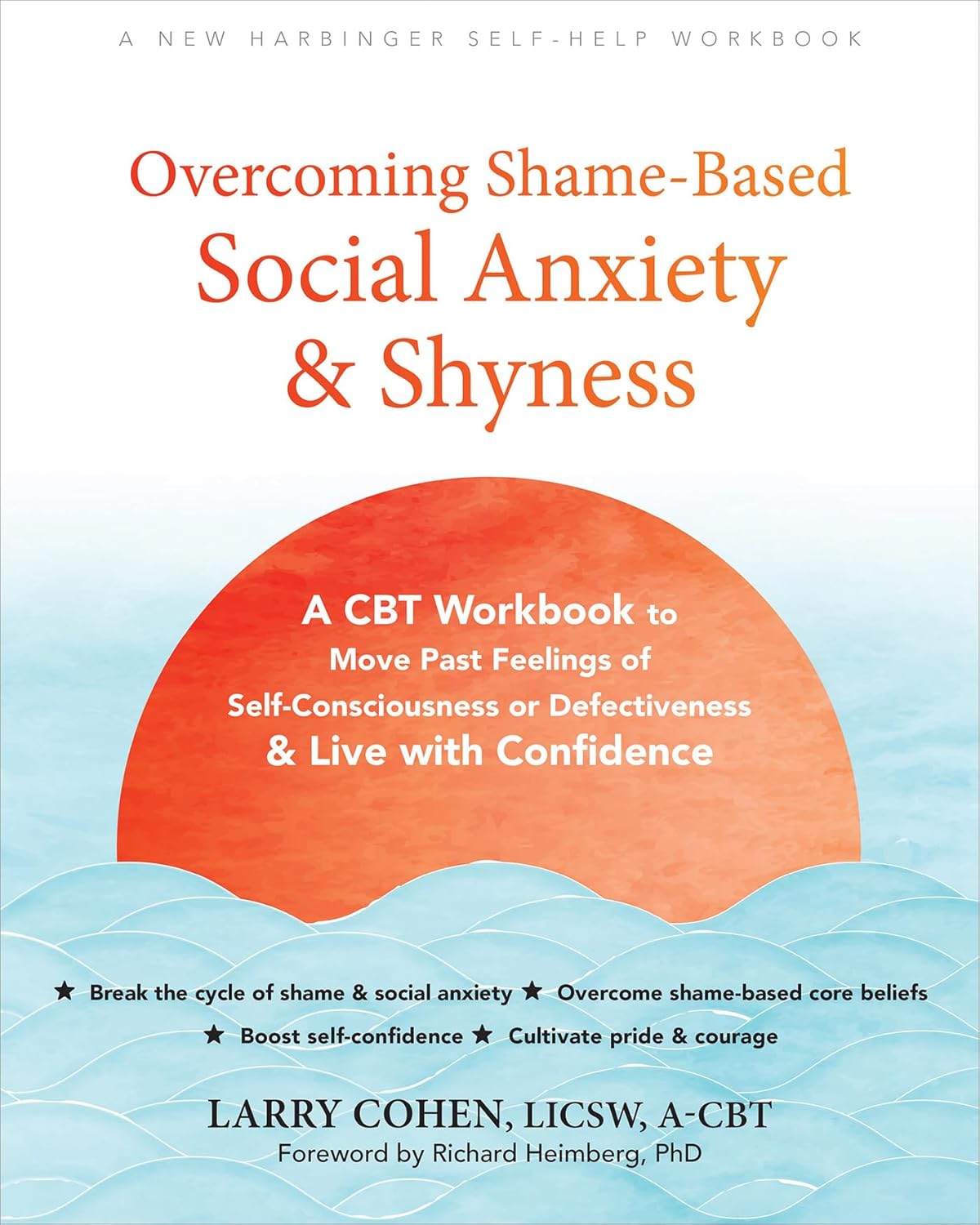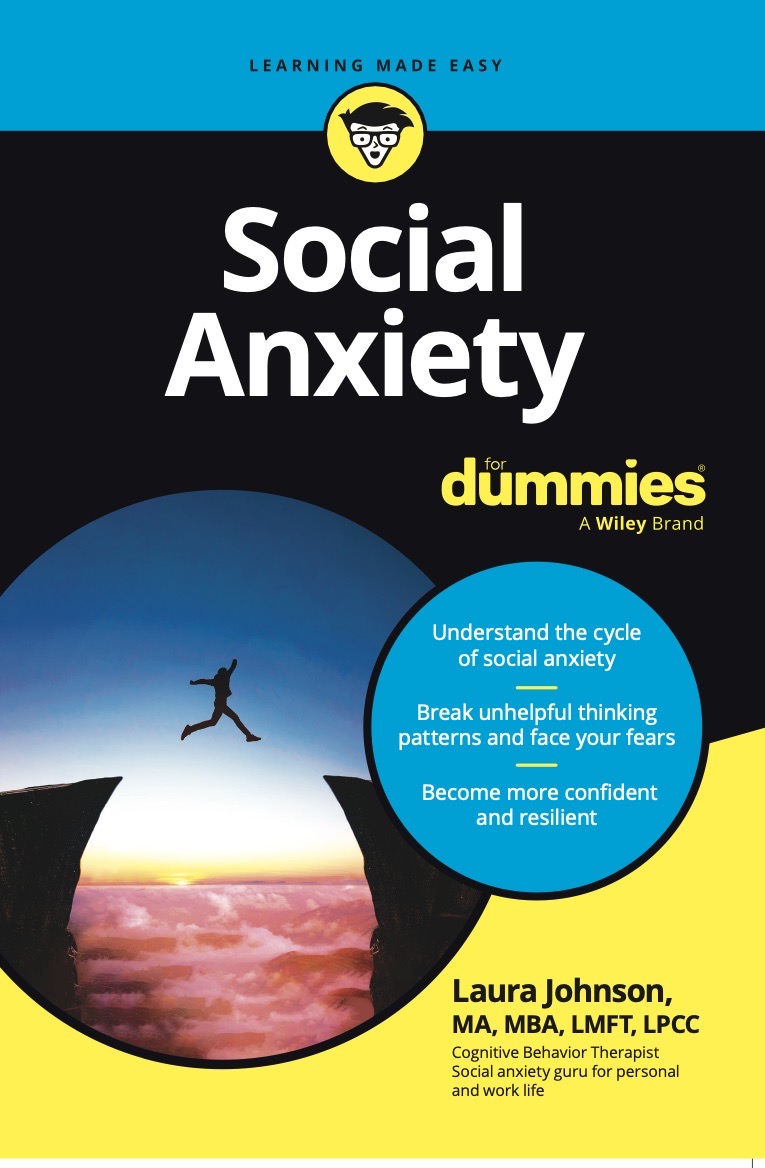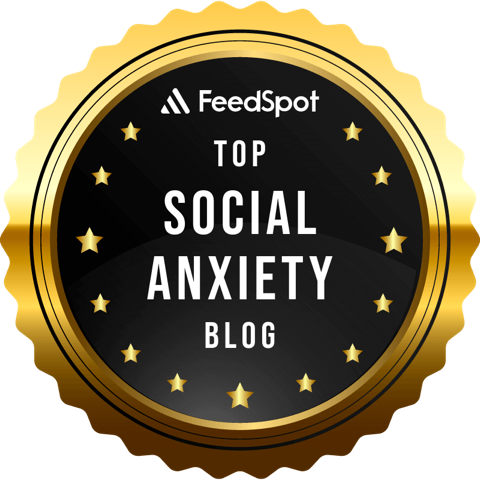You finally got up the nerve to attend that party and now you’re in a slightly awkward conversation about travel. You work hard to stay focused on what’s going on around you instead of the little voice in your head that says you sound ridiculous. Before leaving, you decide to say thank you to the host instead of disappearing. You leave feeling tired but just a little bit successful.
The next morning, you wake up like you’ve been sucker-punched. Your mind is spinning with replay after replay of every conversation you had. Every. Single. Thing. That little voice you were able to ignore last night comes back with a vengeance. Your mind is telling you that the person stuck talking with you was secretly rolling her eyes as you talked about wanting to travel to Costa Rica. You feel sick just thinking about calling it your “dream vacation”. The host barely registered that you were there and didn’t care when you left. The experience you had last night is quickly erased and replaced with your social hangover and what your mind tells you is “the real story”.
Understanding Post-Event-Processing

If any of this sounds familiar, you are engaging in a classic symptom of social anxiety: post event processing (PEP). When we engage in PEP, we become fixated on specific negative aspects of the social event and can spend long periods of time zeroed in on our perceived mistakes. Things we said, how awkward we felt, how we appeared, and someone else’s momentary reaction can overshadow the entire event and cause us to overlook any positive aspects of the situation. Further, PEP does not stay focused on the single triggering event. Rather, PEP also comes with a flood of memories of other times we “messed up” socially or felt anxious in social situations. We begin to predict future social failure and avoid interactions and events accordingly.
Research finds that people who are most likely to engage in PEP are those who already hold strong negative core beliefs about themselves (eg. No one is interested in what I have to say) and those who hold positive core beliefs about the process of worrying (eg. Worrying helps me solve problems). Unfortunately, when we engage in PEP, we are feeding our minds what seems like proof that all those negative beliefs are actually true while withholding evidence that might disconfirm those beliefs. We create a closed mental loop that selectively attends to details that support the ideas that we are socially inept or unwanted. We then rehearse those ideas, store them in our long-term memory and later retrieve them during future social situations. And because we also believe that worrying is a process that can help to fix things, we play that closed loop on repeat, ad nauseam.
Aside from making us feel worse about ourselves, the major problem with PEP is that it is often an inaccurate portrayal of what happened during the social event. Rather than the TRUTH label our mind ascribes to these negative playbacks, it’s rarely clear whether something actually went wrong in most social situations. A yawn, a glance off to the side, a pause in conversation – all are ambiguous clues that are interpreted through our existing negative lens. Left on autopilot, our attention will focus on finding support for these negative core beliefs and filter out anything else it finds “irrelevant.” Thus, the yawn becomes a sign that “I’m boring,” and the glance is seen as proof that “No one is interested in what I have to say.” While it is equally likely that a yawn or a glance have significance that is entirely unrelated to us, we co-opt those details in service of our own negative core beliefs, thus feeding the vicious cycle.
What to Do When You’re Stuck in a Cycle of Post-Event-Processing

1. Name it.
Rather than passively letting PEP live rent-free in your mind, clearly name what is happening. Simply stating, “This is PEP and of course it showed up right after I was in a social situation.” Treating the thoughts as expected habits helps to undermine their accuracy.
2. Normalize it.
Everyone replays things they said or awkward moments in their mind. However, people with anxiety tend to overvalue their thoughts and assign significance to negative thoughts. For example, “If I’m thinking that my comments were ridiculous then it must be true.” If we can notice those thoughts as mental habits rather than a declaration of TRUTH, we have a greater chance of shifting our attention to something more valuable in our lives.
3. Challenge it.
Challenge the usefulness of PEP in your life. Rather than engaging in mental gymnastics to “figure out” how bad the situation really was, remind yourself that ruminating the next day doesn’t help you stay connected to and engaged with others. Focusing on the process of worry rather than whether the content is objectively true can help you sidestep the quicksand of PEP. Challenging the process doesn’t make those thoughts go away, but it helps us choose what we want to place at the forefront of our attention. We can, instead, choose to mindfully attend to our environment in the present moment rather than dwelling on our mind’s interpretation of the past. By choosing to be proactive about what we pay attention to, these habitual negative thoughts gradually wield less power over our attention, memory and beliefs about the self.
Written by,
Dr. Monique Reynolds, PhD
Licensed Clinical Psychologist
National Social Anxiety Center – Montgomery County, Maryland / Northern Virginia











